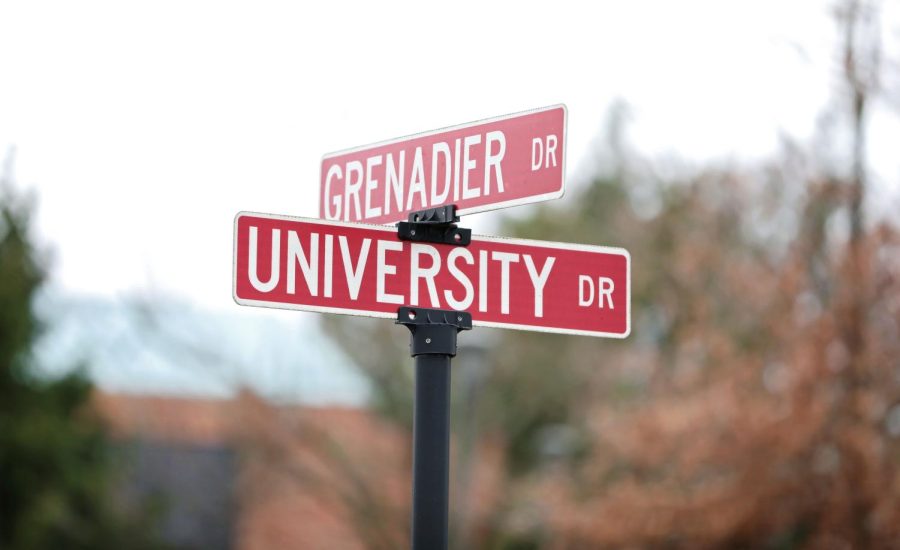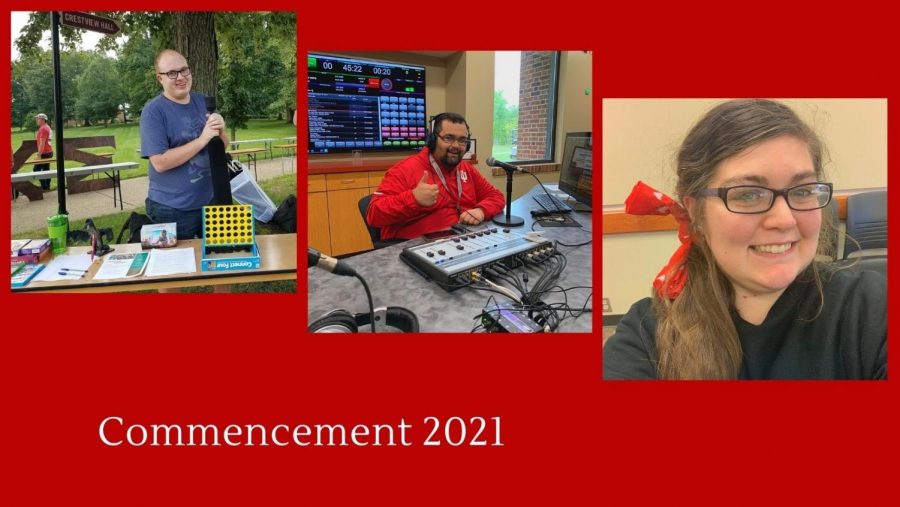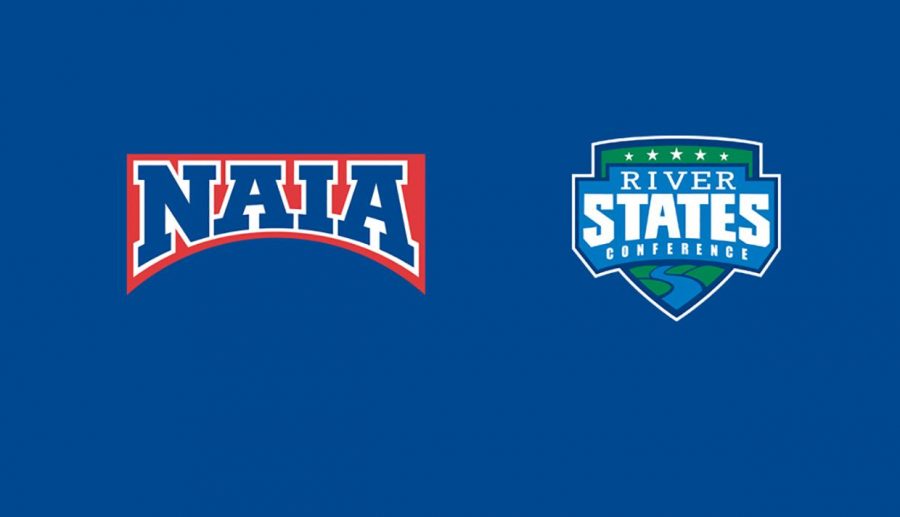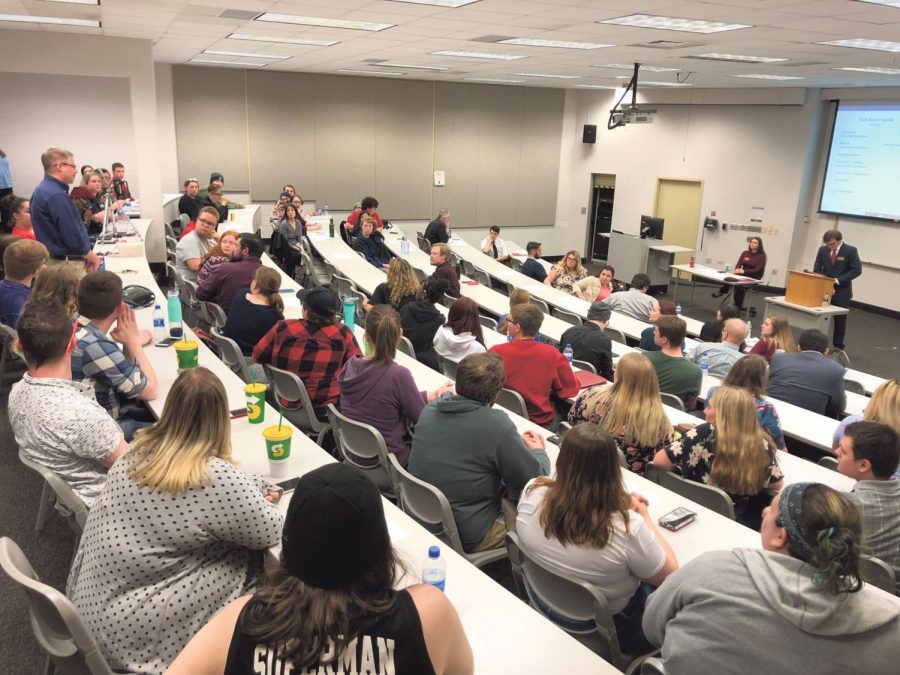Indiana University Southeast has a variety of students from the traditional ones coming straight from high school to people working two full-time jobs and raising a family. The IUS campus helps accommodate every student by offering online classes to those who do not have the time to come to campus to take face to face classes.
Rachel Simpson, art junior, said she has taken three online classes because they were recommended to her and one of her art classes was only offered as an online class. She said online classes are not easier than classes she has taken in person.
“Even the art history class that I enjoyed was much harder than any class I have taken in person,” Simpson said.
Patrick Fawcett, Registrar office, said they started a program this spring semester called IU Class Connect which allows students to take online classes through other regional IU campuses. He said students do not have to go through a campus transfer, but they just register for it like a normal class.
“Your options become a lot greater with this new program,” Fawcett said.
Fawcett said more and more classes are going to be eligible to be involved and this is what students want. He said if it is an IU Connect class, you will pay IUS tuition even if the class is from a different campus.
“Online classes will help a student accelerate graduation if the student is finding it tough to make a 15-hour schedule based on what is offered on campus,” Fawcett said.
He said a popular misconception is online classes are easier, and that is not the case. Fawcett said it can be a unique way of getting information, but online classes are not for everyone.
“So many of us are so used to using the computer that we think this will be easier,” he said.
You have to be a certain kind of student when you take online classes, he said. Fawcett said so much more responsibility is put on the student to monitor deadlines and make sure they are not falling behind in the class.
“A lot more is put on the student because you don’t have someone presenting to you in a traditional format,” he said.
Rebecca Turner, adviser of exploratory students, said there are pros and cons of online classes.
“The biggest pro for our students is you don’t have to be in a classroom at a specific time,” she said.
Turner said online classes have more flexibility for you to finish the work when it is most convenient for you. She said considering how many of our students work that can be very helpful.
“The biggest con is students have to take the initiative for their work because you don’t have that interaction with a faculty member and you don’t have much interaction with your fellow students,” Turner said.
She said a lot of online instructors encourage an online dialogue with other students, but it is still not a face to face interaction. She also said depending on how the faculty member sets up the class, it can be very open ended so students may push that class to the side and not think about it much.
“I think online classes can be a huge help for our students, but they have to know what they are getting into,” Turner said.
She said it is very easy for a student to fall behind in these type of classes. Turner also said no two instructors act alike in online classes, so students have to be able to interact with these different types of instructors.
Simpson said there are some advantages of taking online classes. She said you can work at your own pace and you can also look back at old study material at anytime.
A disadvantage of taking an online class is you can get behind very quickly, Simpson said.
“If you are a self-motivated person and you do not rely on verbal communication with your instructors, online classes are for you,” Simpson said.









